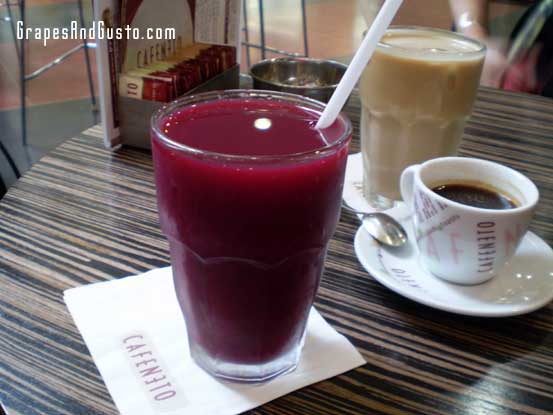
Velvety jewel: A tall glass of fresh-squeezed pomegranate juice at Cafe Neto in Tel Aviv's Dizengoff Center.
I am quite a pomegranate aficionado: an admirer of their whimsical shape, their seductive ruby seeds, and the rich symbolism they hold, from fertility to happiness. In the United States, POM and other brands compete on the market to offer concentrated pomegranate juice, but during a recent trip to Israel, nothing beat the fresh squeezed varieties being offered in stands and cafés. If you know what pomegranate seeds are like — fairly dry to the touch with a delicate glaze encasing each seed — you could appreciate how many pomegranates it would take to concoct a big, tall glass of straight, anti-oxidant-rich, tart and tasty juice. And the color? Worthy of artistic inspiration. In Israel, they were certainly fond of their juice bars, but the crowning glory was the wide availability of this crowned, ancient fruit.
Beyond drinking pomegranate juice straight (or in cocktails), sprinkling the tangy seeds on a salad, or making a reduction of its juice to sauce meat with, what are other ways to incorporate pomegranates into cooking? Feel free to add your comments. I am convinced this will not be the last of a posting on pomegranates.
© Gilat Ben-Dor, 2010.
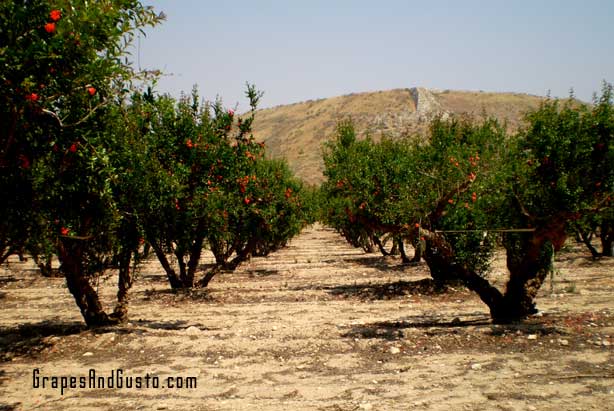
Pomegranates do grow on trees. The grove seen here is a common sight near the village of Lachish in Israel.


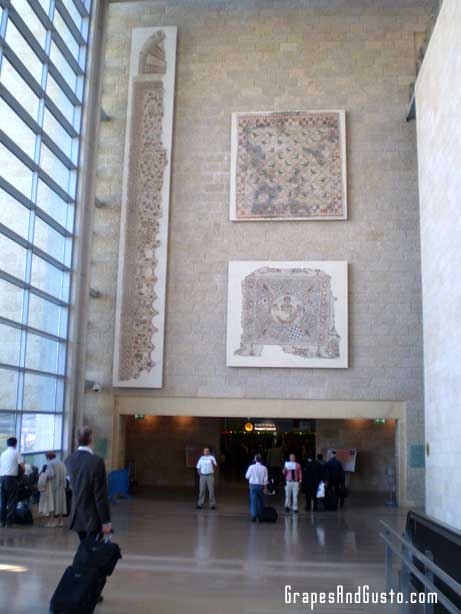
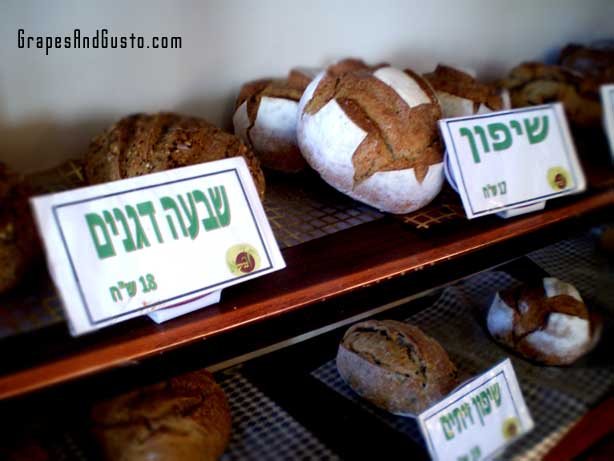
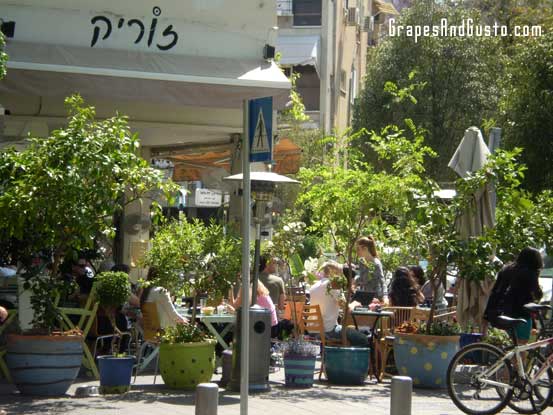
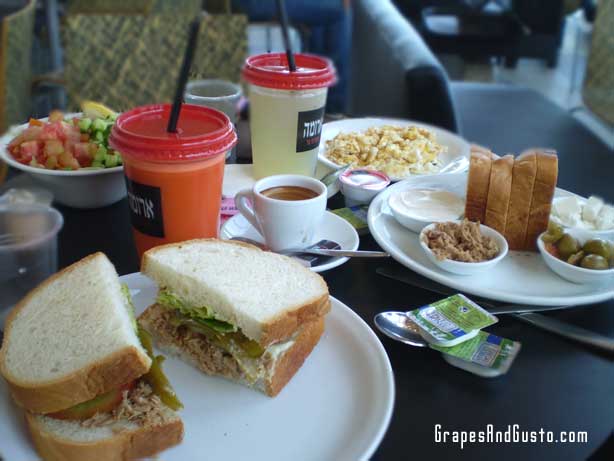
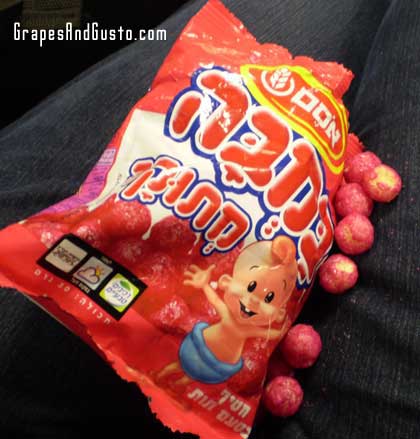
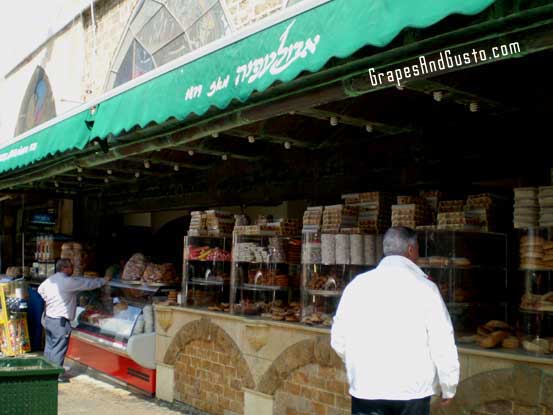
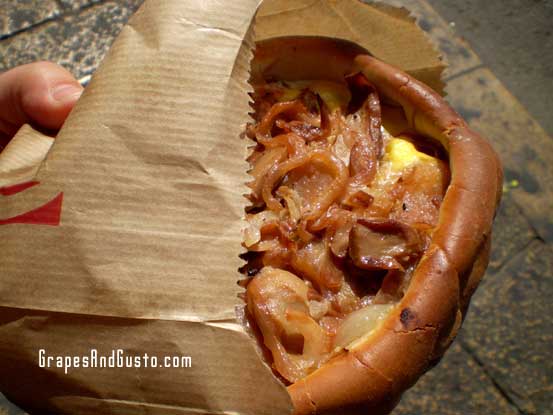

Recent comments